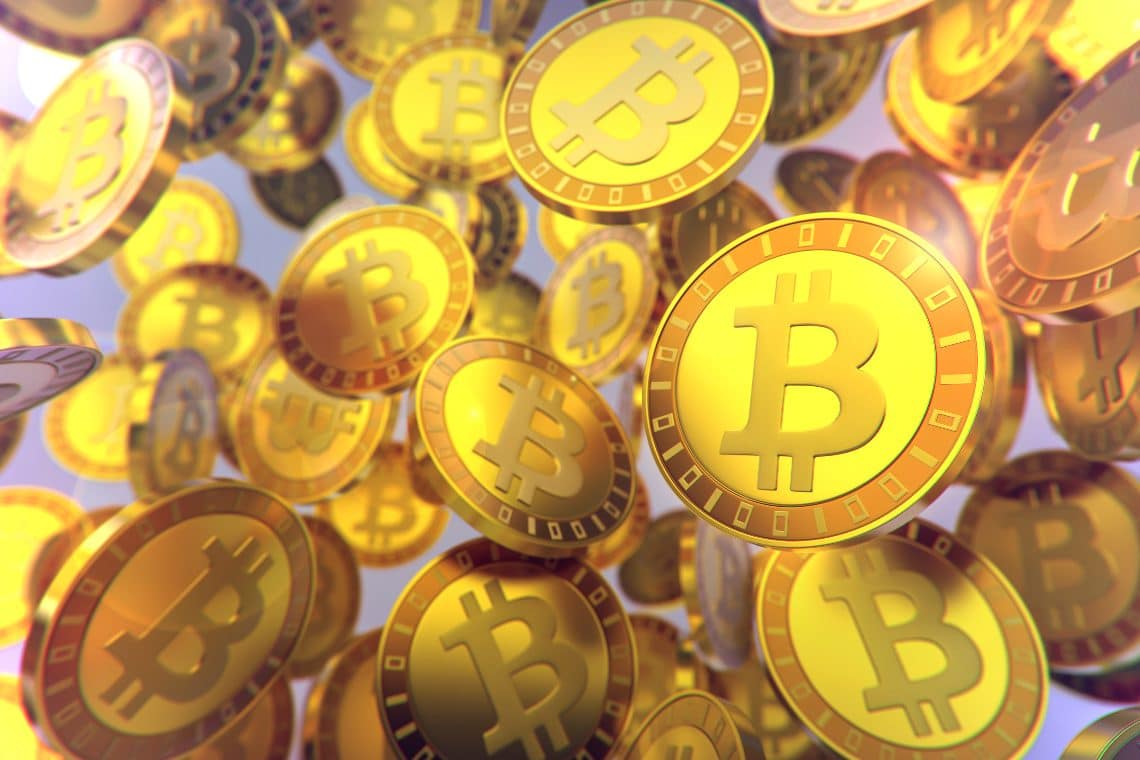On 17 July Grayscale will unlock 16,240 bitcoin in one go.
In fact, the fund occasionally unlocks some of the BTC it holds, and it is possible to know in advance when these unlocks will occur.
According to data reported by bybt.com, the biggest release expected in the coming months is on 17 July, after which the flow of bitcoin unlocked by the fund will be exhausted, as far as we know.
In fact, a total of 34,630 BTC will be unblocked in four days between 19 and 22 June, so it will already be possible to get a clear idea, in the short term, of what a release of such proportions could mean for the bitcoin market.
For example, at the current price, 34,630 BTC is equivalent to almost $1.4 billion, while the 16,240 BTC that will be unlocked in a single day on 17 July is equivalent to $650 million (at current value).
In total, the fund holds more than 650,000 bitcoin, currently worth over $26 billion, so the amounts that will be unlocked are in the order of magnitude of 5% of the total.
Typically these unlocks coincide with drops in the price of bitcoin, but it is possible that the market is already discounting these events to some extent, as they are entirely predictable.
How does the Grayscale Bitcoin Trust work?
The fact is that the Grayscale Bitcoin Trust (GBTC) does not always hold an exact amount of BTC to cover all issued shares, and their overall value, but makes periodic adjustments to keep the two aligned over the medium term.
Currently, since late December last year, the so-called “premium” of GBTC shares over the BTC price has been shrinking, even entering negative territory since late February. When the premium remains negative for a prolonged period of time, the fund is forced to get rid of some bitcoin among those held, and given that currently on average this premium is negative 12% it is more than logical that they have decided to get rid of a significant amount of BTC.
As of the end of February, a total of 3,560 BTC have already been disposed of, but the bulk of the liquidations will take place between June and July. After that, it is possible that they will stop, at least in the short term.
The hypothesis that is circulating is that until the second half of July these movements may generate volatility in bitcoin prices, but that thereafter the selling pressure may reduce dramatically.




